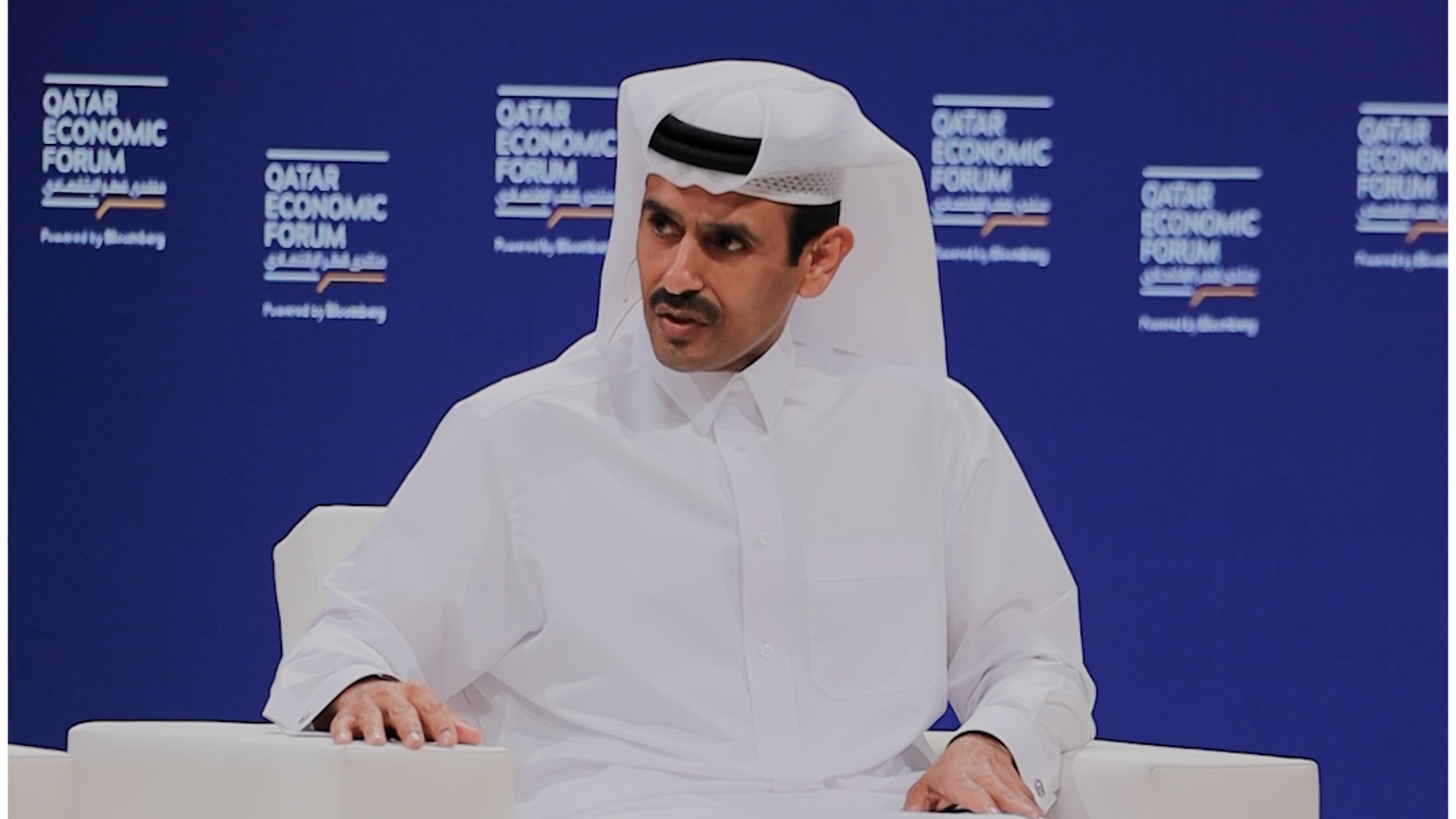The Qatari official warned that energy transition policies by governments around the world would deter investment in fossil fuels and result in natural gas shortages in the looming decade.
The “worst is yet to come” for Europe as it continues to grapple with oil and gas shortages, Qatar’s energy minister warned at the Qatar Economic Forum in Lusail on Tuesday.
“The only thing that saved humanity and Europe this year was a warm winter and the slowdown in the economy worldwide,” said Saad Sherida Al Kaabi. “If the economy comes back in 2024, the worst is yet to come.”
Europe avoided significant issues over the past winter season in large due to milder-than-expected temperatures, which would have exacerbated an existent boiling energy supply crisis triggered partially by Russia’s invasion of Ukraine.
He also warned that energy transition policies by governments worldwide would deter investment in fossil fuels and result in natural gas shortages in the looming decade, particularly in Europe.
“There’s going to be a big shortage in gas in the future, predominantly because of the energy-transition push that we’d say is very aggressive,” Al Kaabi, who is also the CEO of QatarEnergy said. “Economic stability and environmental responsibility are not mutually exclusive. You have to have both.”
Echoing the same sentiment, his Saudi counterpart Prince Abdulaziz bin Salman said Europe has an ‘overly optimistic’ view of how rapidly renewable and cleaner energy sources will replace oil and gas.
“If they don’t realise that and have a proper plan and sit down with producers and oil and gas companies are not demonised, reality will kick in and we’ll have a sensible solution,” Al Kaabi said.
Al Kaabi said in May last year that Western countries including the United Kingdom are facing the consequences for their to drive eliminate carbon emissions in a bid to combat climate change by “demonising oil and gas companies.”
Al Kaabi noted, in an interview with Sky News, that his country is willing to help the UK with its cost of living crisis, however, Western powers must take responsibility.
Years of pushing for an urgent end to fossil fuel production and calling gas producers the “bad guys” had contributed to the current crisis, he argued.
Meanwhile, Al Kaabi noted that the recent surge in oil and energy prices in Europe and beyond is not entirely as a result of the Russian and Ukrainian crisis but rather could be traced back many years before the event.
“It’s definitely a deeper issue,” he said while addressing the steady decrease of investments in gas production over the past few years as Europe pushed a move towards achieving net-zero through renewable sources.
“There was a build up of countries pushing for the [energy] transition in a hard way. [They pushed for] net-zero, moving to renewables, doing away with fossil fuels and demonising the oil and gas companies, [calling them] the bad guys. And [as a result] you don’t have enough investment in the oil and gas sector,” Al Kaabi said, according to Sky News.
North Field expansion
Qatar is currently undergoing a multi-billion North Field expansion project that is leading the Gulf state’s drive to dominate worldwide liquified natural gas (LNG) supplies.
The nearly $30 billion North Field Expansion includes six LNG trains that will drastically increase Qatar’s liquefaction capacity by 64% by 2027.
Describing the demand for gas supply from the expansion projects, Al Kaabi said it is “very big.”
“We are lining up people to negotiate with. We’re so busy.”
The first is set to ramp up Qatar’s production from 77 to 110 million tonnes per annum as the NFS will increase the production capacity from 110 to 126 million tonnes per annum.
QatarEnergy announced eight international partnership agreements this year for both phases of the projects, set to kick start in 2026 and 2027.
The state-owned energy company also said it concluded long-term charter agreements for 60 LNG carriers, a figure that is expected to bump up to 100 in the future.
Qatar has not made a decision yet, but it may look to increase its capacity beyond 126 million tons annually. “When it’s the right time and technically we can do it, we’ll definitely do more,” the Qatari minister said.







